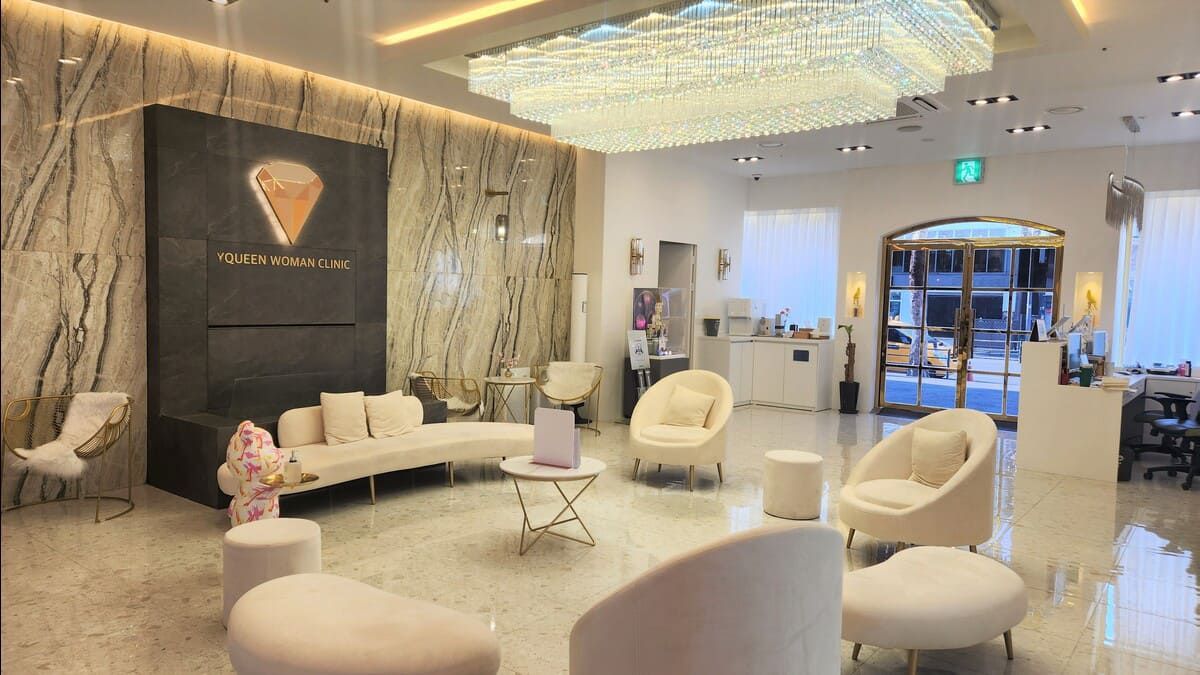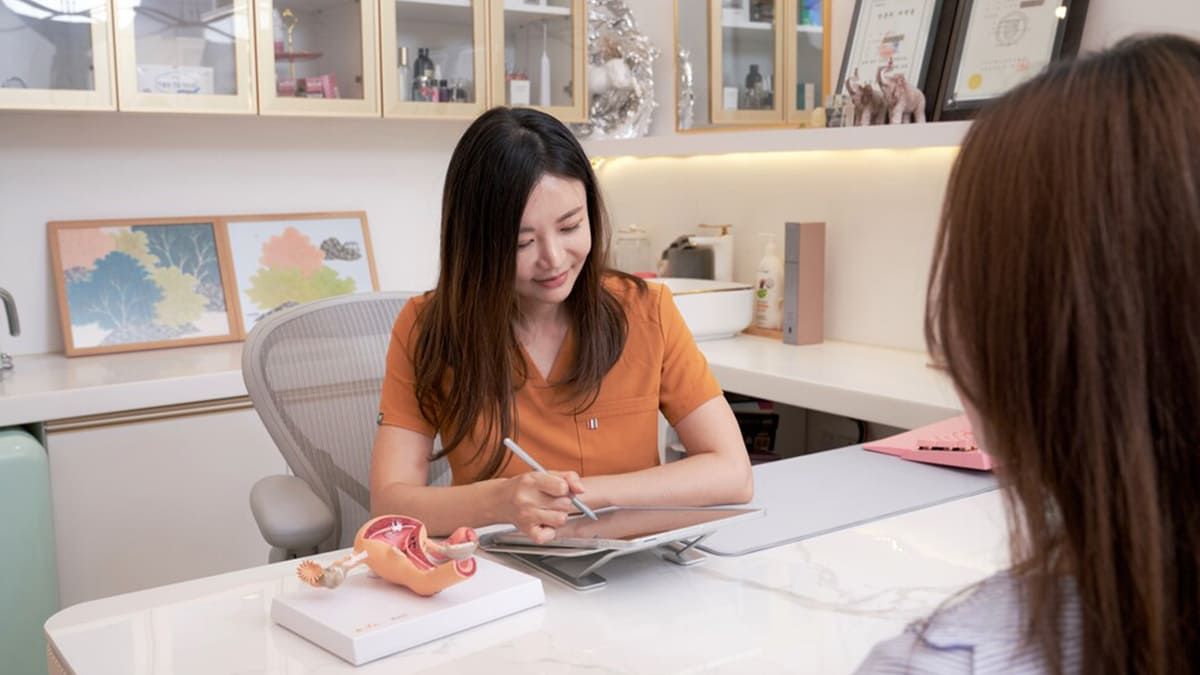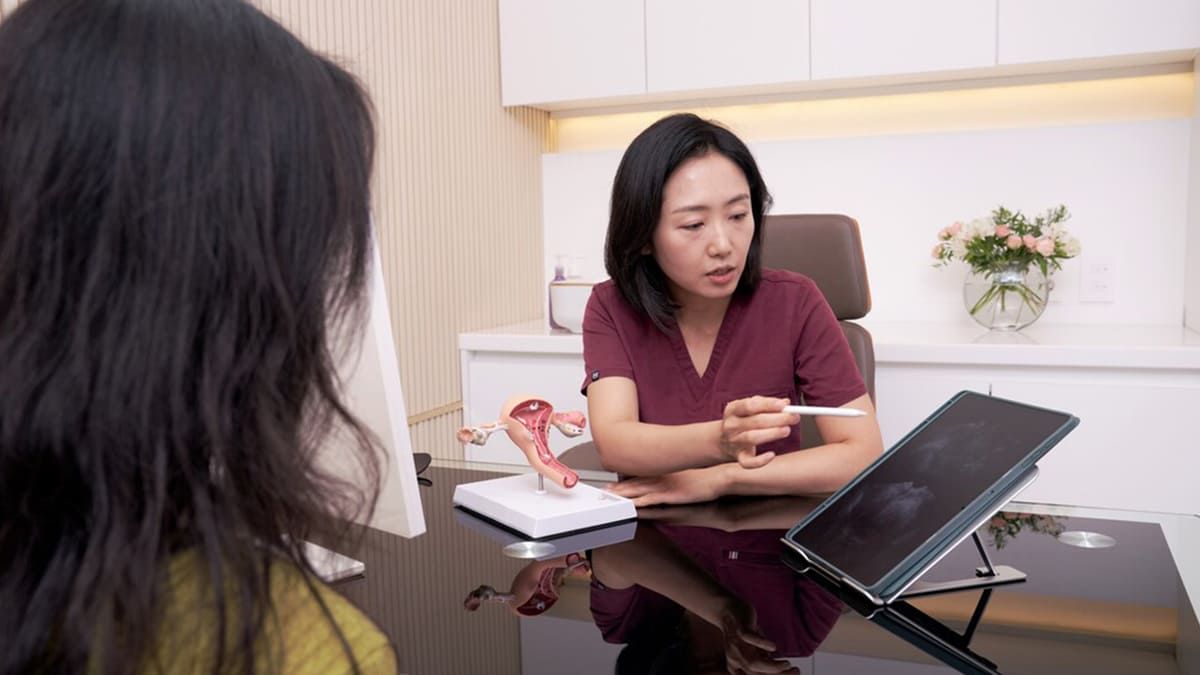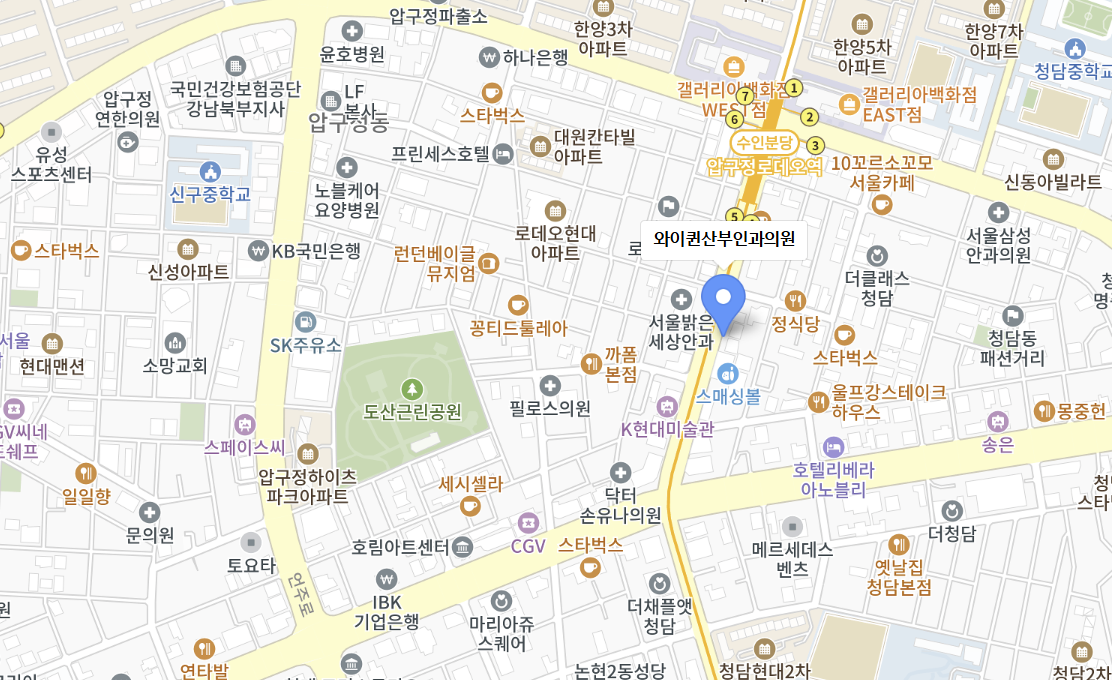STD Testing in Korea
STD Testing in Korea – Seoul | Affordable Prices, Best Care
Sexual health is a vital part of overall wellness, and in Korea—especially Seoul—access to affordable, confidential STD testing is easier than ever. Whether you're a resident, expat, or traveler, knowing where and how to get tested can help you stay safe and informed.
Why STD Testing Matters
Sexually transmitted diseases (STDs) often show no symptoms, especially in early stages. Regular testing helps:
- Detect infections like chlamydia, gonorrhea, syphilis, herpes, HPV, and HIV
- Prevent long-term complications such as infertility or chronic pain
- Protect partners and promote responsible sexual health
Where to Get Tested in Seoul
Seoul offers a wide range of clinics and hospitals for STD testing:
- Public Health Centers (보건소): Free or low-cost testing for HIV, syphilis, and gonorrhea. Great for quick screenings.
- Private OB/GYN and Urology Clinics: Offer comprehensive STD panels (up to 12 or 24 types), including PCR-based tests.
- International Clinics in Gangnam & Itaewon: English-speaking staff, discreet service, and tailored care for expats.
You can browse top-rated clinics on Expat Guide Korea or search “STD 검사 병원” on Naver for local options.
Cost Breakdown
SA basic 4-panel STD test (which typically checks for chlamydia and gonorrhea) costs between 30,000 to 50,000 KRW. If you opt for a more comprehensive 12-panel test covering herpes, syphilis, and other infections, the price ranges from 80,000 to 150,000 KRW. The most advanced option—usually a 24-panel test that includes PCR diagnostics—can run between 100,000 and 200,000 KRW. HIV tests are usually very affordable, from around 10,000 to 30,000 KRW, and sometimes even free at public health centers.
What to Expect During Testing
Most clinics offer:
- Urine tests for bacterial infections
- Blood tests for viral infections like HIV and syphilis
- Swab tests for herpes or HPV
- PCR testing for high accuracy and fast results
Results are typically available within 2–7 days, and many clinics offer online or phone consultations for follow-up.
Prevention & Aftercare Tips
- Use condoms consistently
- Get tested every 6–12 months if sexually active
- Communicate openly with partners
- Seek treatment immediately if diagnosed
STD testing in Seoul is accessible, affordable, and discreet. Whether you're concerned about symptoms or simply being proactive, Korea’s healthcare system makes it easy to prioritize your sexual health.





